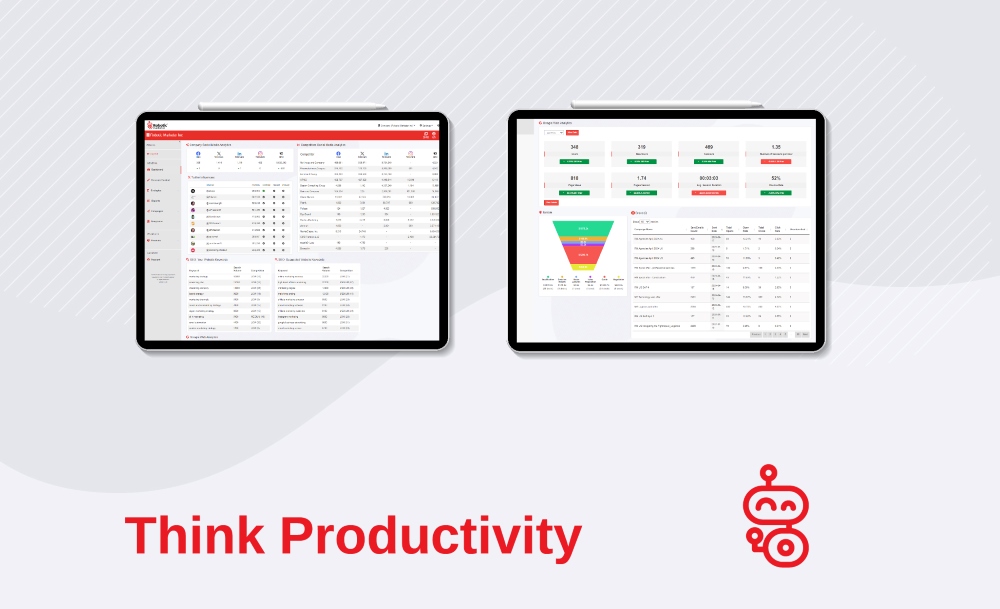AI Powered Press Release Writing Software Newly Launched
As someone who has done PR for the past 30 years, I’ve found the most time consuming and waste-of-time process in public relations is distribution. When AI powered press release writing software became a thing, I was keen to make it our own with our newly launched AI powered public ...
The benefits of content marketing for public relations
Content marketing is a strategic approach to creating and distributing valuable, relevant, and consistent content. This is to attract and engage a clearly defined audience, with the goal of driving profitable customer action. In the context of public relations, content marketing can be a ...
Is a Marketing Strategy Just a To Do List?
Every business has a marketing plan. A marketer’s daily task is to execute that plan. As we go down the list and “tick all the boxes”, does that mean our marketing objectives are achieved? Despite following strictly every step of the plan, your company is still viable of being on the wrong ...
8 Reasons Why Your Business Should Focus on PR in 2022
If the pandemic has taught us anything over the past two years, it’s that your online presence matters. With some businesses operating entirely online and many consumers preferring to primarily shop online, how you appear on the internet will have a pivotal effect on the success of your company ...
The Need-to-knows About Digital PR
Digital PR is a strategically planned activity of using internet-based tools and methods to attain an increase in online presence and visibility.
Components of a Good Marketing Strategy
A good marketing strategy consists of a comprehensive collection of marketing techniques that enables a business to direct its resources towards the best opportunities in terms of increasing sales and achieving a sustainable advantage over the competition. A marketing strategy consists of ...
The rising influence of spatial marketing
Marketing is effectively getting rid of the middle man – and putting tape on the mouths of marketers around the globe. Now, that is a little over the top, but it’s not too far from the truth and when you read this, you will see why.











